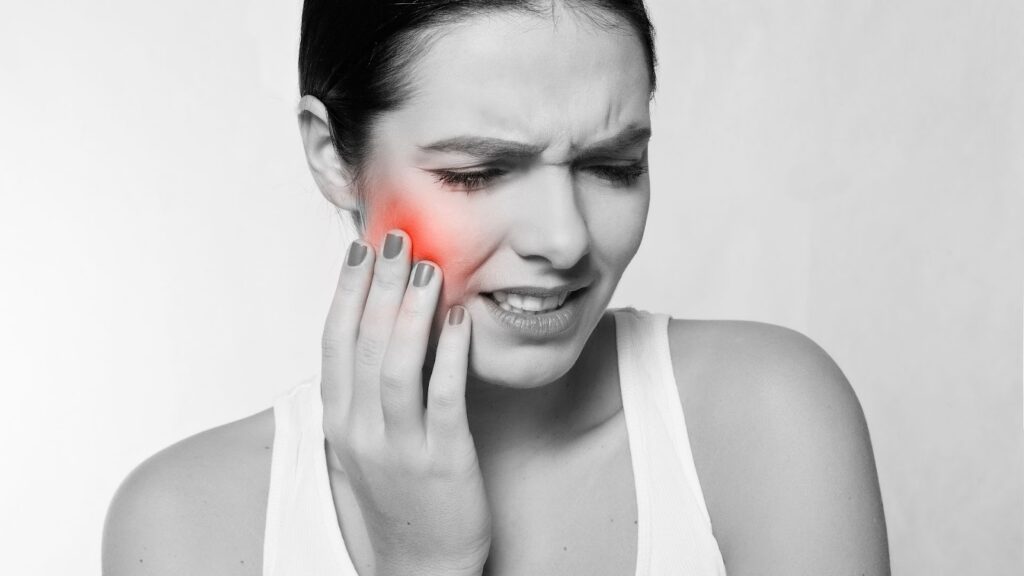
Most people experience some level of tooth sensitivity at some point in their lives. It can be caused by something as simple as drinking a cold beverage, and for many people it’s nothing more than an annoyance.
But for others, tooth sensitivity can be quite painful and debilitating. If you’re one of those unfortunate people, keep reading – this post is for you! I’m going to share some tips on how to stop teeth sensitivity from causing you pain.
What is tooth sensitivity and what are the causes
Tooth sensitivity is a common problem that can cause pain or discomfort when your teeth are exposed to hot, cold, sweet, or acidic foods and drinks. The condition can also make brushing and flossing your teeth uncomfortable. Sensitive teeth are often the result of wear and tear on the tooth enamel, which is the hard outer layer of the tooth. Enamel can be eroded by acids in food and drinks, as well as by gum disease and tooth grinding. In some cases, tooth sensitivity is caused by a thinning of the dentin, which is the layer of tissue under the enamel. Dentin can become thinner due to aging, gum disease, or tooth decay. If you are experiencing tooth sensitivity, there are a number of treatment options available. Your dentist can recommend a desensitizing toothpaste or fluoride gel, and in some cases, a mouthguard may be recommended to protect your teeth from further damage.
How can you prevent tooth sensitivity
Though tooth sensitivity is a common problem, there are ways to prevent it from happening in the first place. One of the best ways to do this is to practice good oral hygiene. This means brushing your teeth twice a day, flossing daily, and using mouthwash. It’s also important to avoid acidic and sugary foods and drinks, as these can contribute to tooth enamel erosion. If you do experience tooth sensitivity, there are a number of over-the-counter treatments that can help, including desensitizing toothpastes and fluoride gels. However, it’s always best to consult with a dentist before using any new product. By following these simple tips, you can help prevent tooth sensitivity and keep your smile healthy and bright.
why does my tooth hurt when i drink water
When you have a toothache, even something as simple as drinking a glass of water can be painful. There are several reasons why this might be the case. One possibility is that you have a cavity or other dental damage that is exposing the nerves in your tooth. Another possibility is that you have an infection in your tooth that is causing inflammation and pain. Drinking cold water can also exacerbate the pain of an already sensitive tooth. If you are experiencing tooth pain, it is best to consult with a dentist to determine the cause and find the best treatment option.
What are some treatments
One common treatment for sensitive teeth is fluoride therapy. Fluoride helps to strengthen the enamel, making it less susceptible to damage and sensitivity. In addition, fluoride can also help to remineralize damaged teeth. Fluoride therapy is typically provided in the form of a gel or varnish that is applied to the teeth by a dental professional.
Another option for treating sensitive teeth is desensitizing toothpaste. This type of toothpaste contains ingredients that help to block the transmission of sensation from the tooth surface to the nerve. Desensitizing toothpaste can take several weeks of regular use before you start to see results. However, once your teeth become accustomed to the desensitizing agent, you should experience reduced sensitivity.












